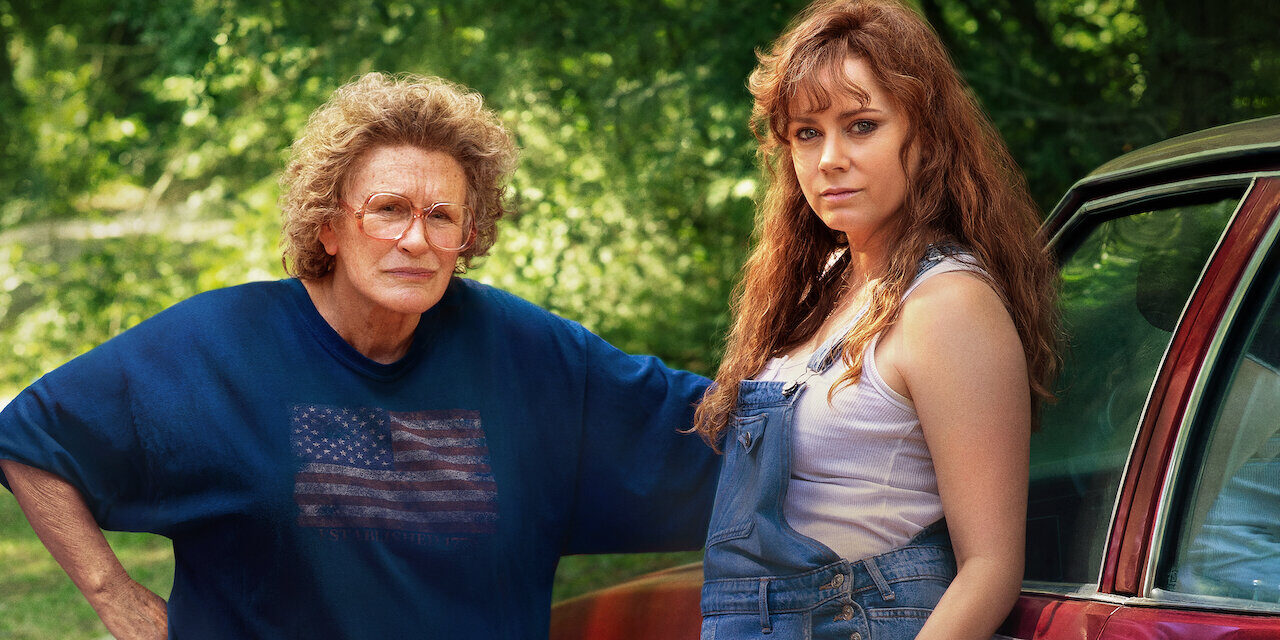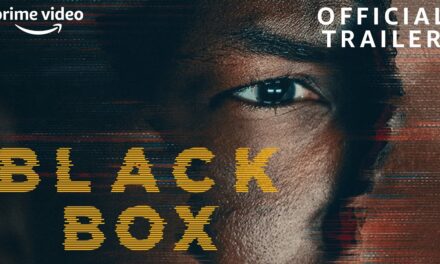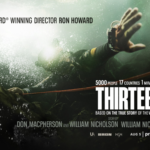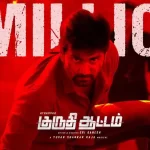Director: Ron Howard
Cast: Amy Adams, Glenn Close, Haley Bennett, Gabriel Basso, Freida Pinto
Language: English
Glenn Close (playing the role of matriarch ‘Mamaw’ Vance) is almost perfect in Hillbilly Elegy. Leading a disjointed family with an addicted daughter Beverly (Amy Adams) and her children, Close makes hard-hitting statements and is the poster woman of tough love in this film.
When J.D. Vance (Gabriel Basso), a Yale student, receives a call of help from his sister Lindsay (Haley Bennett) to help with their mother struggling with heroin addiction, Vance rushes to do what he can. Returning to his roots, his story weaves the past into the present and gives us a picture into his roller-coaster relationship with his family. Even as Vance celebrates his small-town background, he stands out like a sore thumb in Ivy League company. His contemptuous relationship with his mother aside, he finds a partner for him in Usha (Freida Pinto) who is in a way an ‘outsider’ herself.
This family drama is based on the best-selling memoir by J.D. Vance. I have not read the book, but a quick internet search tells me that conservative political tones were rife in the memoir. Ron Howard, however, wants to avoid the politics in this drama. Of course, there are allusions to the Appalachian culture, but it just sets the mood and the context.
Amy Adams is believable as the mother struggling with addiction. There is a particular difficult scene where Bev loses her temper with her teenage son (a fantastic Owen Asztalos) while driving her car. She threatens to crash the car and kill the two of them. Right there and then, we see Bev’s swinging emotions and struggles with her life as a result of her addiction. However, the continuing histrionics become tiresome and forced after one point.
For me, a hard-hitting scene was when Vance confesses to his sister of feeling guilty for not taking care of his family. The ensuing conversation between a man struggling to forgive his mother and his sister who is somehow empathetic is sensitively written and enacted.
Gabriel Basso does a good job of struggling to fit in even as he is unable to let go of his past. Freida Pinto excels as the non-judgmental girlfriend, who gives her partner virtual company during his long drive. The drive brings them closer… each shares their scarred past and the lack of a face-to-face conversation somehow makes it bearable. But it really is Glenn Close who strikes a balance through it all. Watch her in a scene where she asks for more food from a delivery boy. Her ego does not allow her to beg, but she does it in her own way.
Ron Howard’s Hillbilly Elegy streaming on Netflix is an obvious Oscar bait. The story of a ‘poor’ family struggling with addiction, a small-town boy making it into the hallowed Ivy League… all make for a typical melodrama. But the obviousness of the story chips away at the plot bit by bit. As we near the end, we know that J.D. is going to let go (literally here) and we know that he would go on to make his own path ‘despite’ his hillbilly past. What we also know is that Glenn Close might surely be in the run for an Oscar this year.
Rating: 2/5










